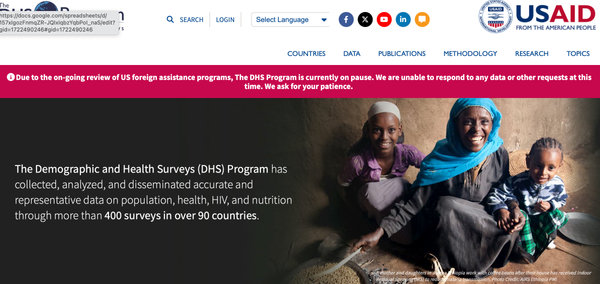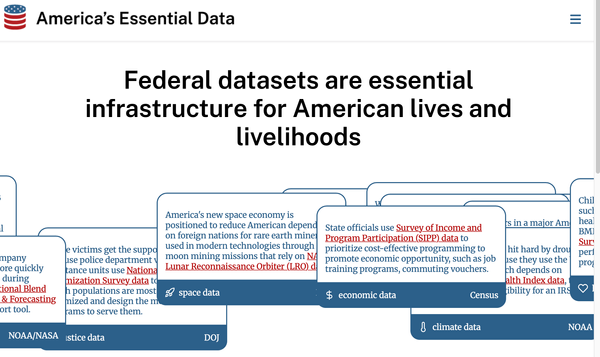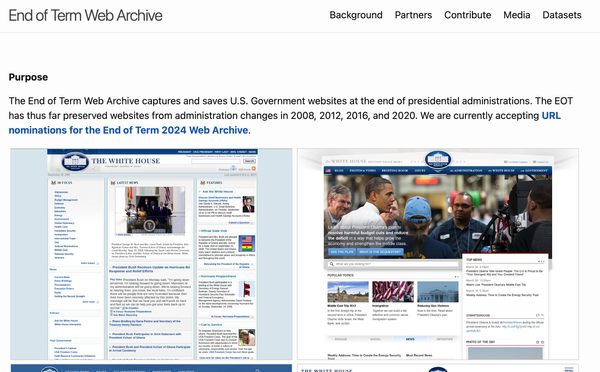What you can do for restricted access data

Since we started working on this effort, we have had a lot of questions about restricted access data. We posted the challenges we face on our FAQ page. Participants with the DRP were also featured in an article about restricted data on 404 Media yesterday. We are pleased to see that the article has gained so much attention. Thank you to all of those who've reached out.
We want to remind everyone that restricted access data are restricted for a reason. Often, these datasets have microdata, meaning data that are available at the unit level (the unit could be an individual person or a school, for example). The potential for identification in restricted data is extremely high. Often, we are able to access de-identified data in addition to the microdata, and those types of de-identified datasets can be shared publicly. Restricted datasets, however, cannot be shared without caution, and therefore, access requires a Data Use Agreement governing the conditions under which the data can be used and stored. These DUA requirements are important to protect the subjects of the data collection and you!
We know that you are concerned about the data mentioned in the article, but keep in mind that going rogue and trying to access this data isn't in our best interest. Even if it might be possible, the risk of potential harm would be tremendous. Instead, we need you to speak out about this issue. Tell your friends and family what is happening. Write to your local, state, and national reps. Convince them that this matters. We need awareness to ensure that federal public data remains available and restricted data remains secure.




